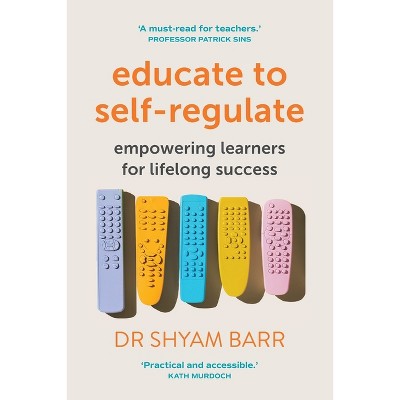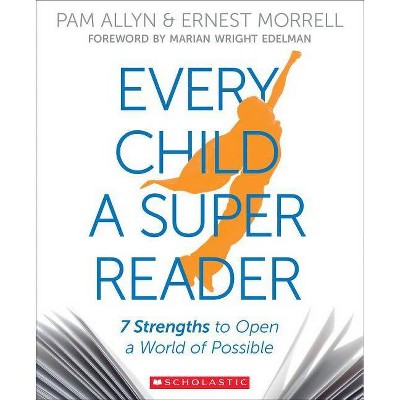Sponsored

The Bakhtin Reader - by M M Bakhtin (Paperback)
In Stock
Sponsored
About this item
Highlights
- Incessantly cited by critics, Bakhtin's work nonetheless remains relatively unavailable: partly through lack of suitable editions, partly because no individual text conveys all the key concepts or arguments.
- About the Author: Pam Morris is Director of the Research Centre for Literature and Cultural History at Liverpool John Moores University, UK
- 272 Pages
- Language + Art + Disciplines, Language Arts
Description
About the Book
This anthology provides in a convenient format a good selection of the
writing by Bakhtin and of that attributed to Voloshinov and Medvedev. It
introduces readers to the aspects most relevant to literary and
cultural studies and gives a focused sense of Bakhtin's central ideas
and the underlying cohesiveness of his thinking.
Book Synopsis
Incessantly cited by critics, Bakhtin's work nonetheless remains
relatively unavailable: partly through lack of suitable editions, partly
because no individual text conveys all the key concepts or arguments.
This anthology provides in a convenient format a good selection of the
writing by Bakhtin and of that attributed to Voloshinov and Medvedev. It
introduces readers to the aspects most relevant to literary and
cultural studies and gives a focused sense of Bakhtin's central ideas
and the underlying cohesiveness of his thinking.
introductory essay considers the problems of establishing exact
authorship within the Bakhtin 'school', and then examines the key ideas
and issues Bakhtin pursued throughout his work, with an account of their
development and interrelatedness. In particular, his innovative
thinking on the productive interaction of consciousness and speech is
emphasized and a sense of the 'dialogic' interaction with other current
critical and cultural approaches is imparted. The introduction is
augmented by a contextualizing commentary accompanying the selected
texts and by a glossary of the key terminology. Readers
new to the Bakhtin 'school' will find this book an invaluable
introduction to a complex and scattered body of work. Those already
familiar with some of the texts will find further material and fresh
insights.
About the Author
Pam Morris is Director of the Research Centre for Literature and Cultural History at Liverpool John Moores University, UK

















